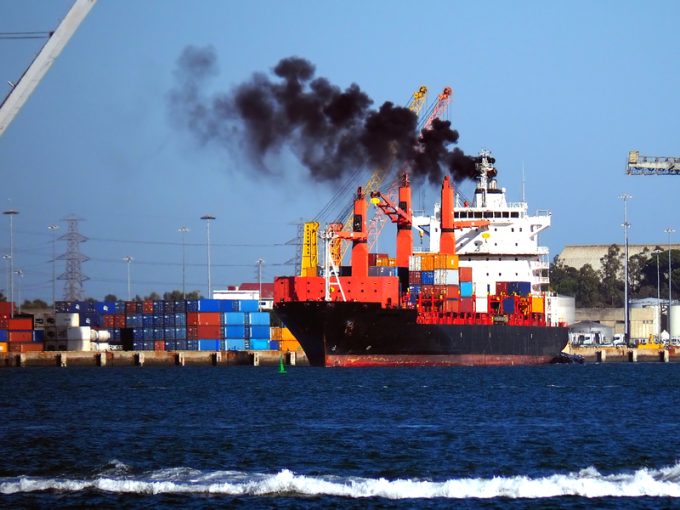COP29: aviation falling short and showing 'lack of ambition'
“The sober reality” of aviation’s threadbare climate pledges have been revealed in a blogpost, following ...

The British Ports Association (BPA) has called on the industry to disregard the findings of a new Transport & Environment (T&E) report on sulphur emissions in ports, saying that it “lack[s]… academic rigour”.
Milford Haven, Southampton and Immingham are Britain’s three most polluting ports for sulphur ...
Keep our news independent, by supporting The Loadstar
Explosions and 'out-of-control' fire reported on Wan Hai box ship
Red Sea crisis has driven most new capacity into extended Asia-Europe trades
Carrier price hikes hold, driving spot rates higher as space gets scarcer
Four crew members still missing as Wan Hai 503 continues to burn
Crew forced to abandon ship in latest fire on vessel carrying EVs
The Loadstar Podcast | Transport Logistic and Air Cargo Europe 2025
Asia-West Africa ULCV deployment opens new markets for carriers


Comment on this article